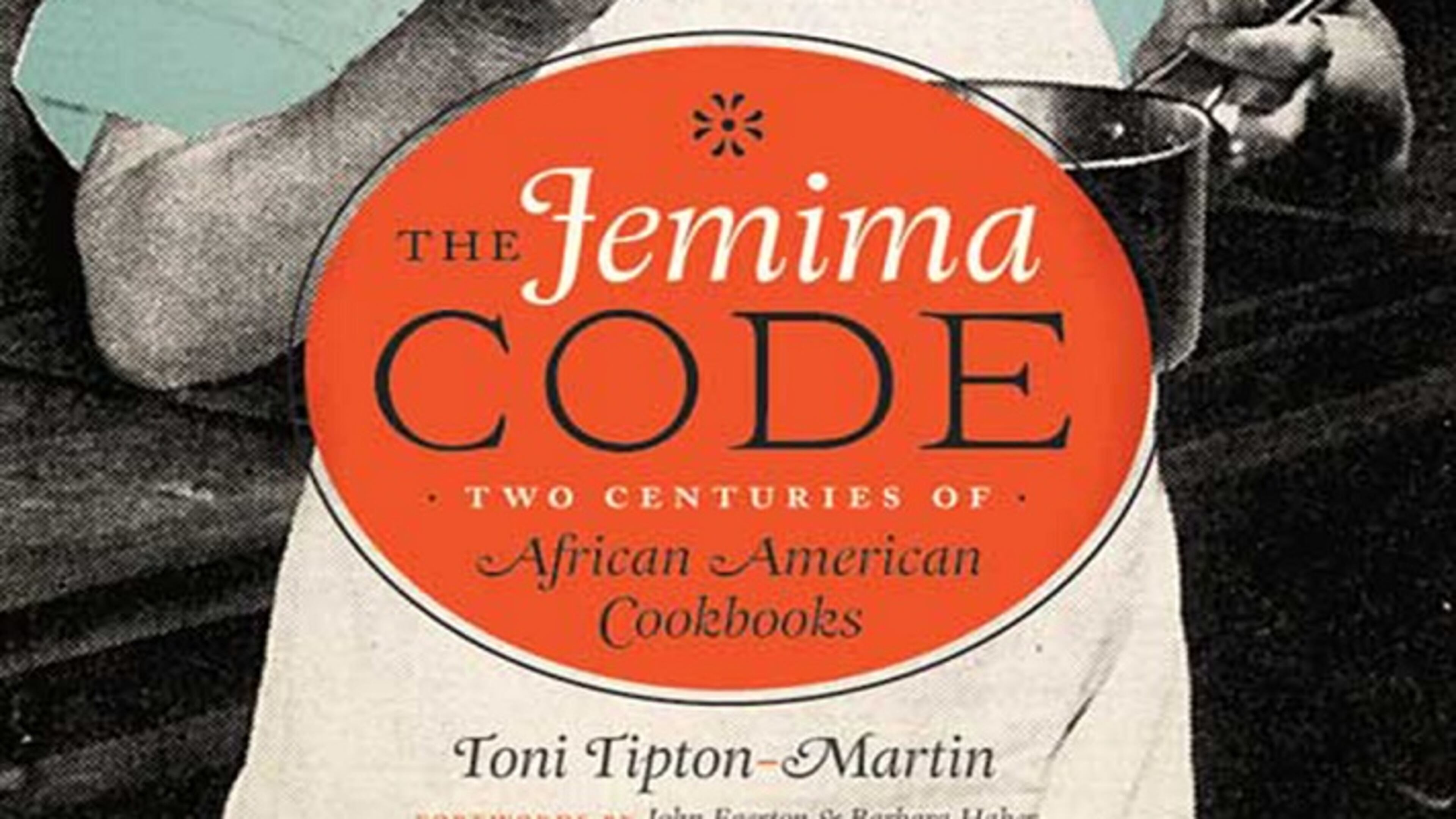‘Jemima Code’ challenges African-American culinary cultural images

Toni Tipton-Martin’s work as an activist is rooted in tragedy.
Her father died in 1995 under what she describes as “questionable circumstances” at Los Angeles’ notorious King-Drew hospital. A car accident sent him to intensive care at the hospital known for providing such substandard care that it was eventually shuttered. A surgeon assured Tipton-Martin that her father would recover; a few hours later, he was dead.
In her grief, Tipton-Martin resolved to play a role in “community healing.” But what did that mean for an award-winning journalist, author and culinary historian?
Part of her healing process was starting a nonprofit dedicated to promoting the “connection between cultural heritage, cooking and a healthy community,” as she wrote in an essay for Edible Austin magazine. Last year, Tipton-Martin’s group, SANDE Youth Project, hosted Soul Summit, a conversation about race, identity, food and power — the first conference, she believes, to be dedicated exclusively to African-American food culture.
Another part was writing a coffee table book, “The Jemima Code: Two Centuries of African-American Cookbooks,” details 150 cookbooks that challenge the mythical mammy figure hawking pancakes and syrup that belittles African-Americans’ culinary contributions.
Tipton-Martin, 57, who splits her time between Austin and Denver, amassed her cookbook collection over decades; a couple books she got for free, others she bought for a couple thousand dollars. Her collection of such books published from 1827 to the present day totals about 300 and is kept in a gun safe.
In “The Jemima Code,” Tipton-Martin documents 163 years’ worth of cookbooks from how to be a domestic servant in the 1800s up to the soul food era in the 1960s, then the nouveau soul food era in the 1970s and the celebrity cookbooks of the 1980s and beyond. She presents cookbook authors whose lives challenged the caricature that black cooks were uneducated, cooking at the direction of white women and whose repertoire was limited to subsistence food.
There is Abby Fisher, a former slave who ran a pickles and preserves company in San Francisco and in 1881 published “What Mrs. Fisher Knows about Old Southern Cooking.” Her cookbook contains Southern classics as well as recipes for roasted venison, crab croquettes and stuffed ham laced with sherry and nutmeg.
There is Rufus Estes, a skilled master chef in Chicago who published his cookbook, “Good Things to Eat as Suggested by Rufus,” in 1911. Among the 590 recipes are beef marrow quenelles, chestnut soup, squash flower omelet and instructions for making roux and veal stock.
There is Lena Richard, who starred in a weekly cooking show on New Orleans’ first television station. She ran a catering company, worked as a head chef in New York and Virginia and sold her famous Shrimp Soup Louisiane by mail order. Her 1939 cookbook celebrated Creole cuisine with recipes for crawfish bisque, shrimp remoulade and pain perdu (French toast).
“Toni’s work is part of a groundswell of scholarship and study on African-American foodways and how there’s been a lack of attention and marginalization,” said food historian Marcie Cohen Ferris, a professor at the University of North Carolina at Chapel Hill. “Toni’s work and other scholars’ work is a start to rectify that.”
Tipton-Martin had been collecting books for years before she finally committed to writing “The Jemima Code.” The final straw was a 2002 editorial cartoon that first appeared in the student newspaper at Texas A&M University, and later was reprinted in other newspapers. The cartoon showed a big, buxom black woman wearing hair curlers and wielding a spatula as a weapon.
Tipton-Martin said seeing that negative Jim Crow-era image perpetuated on a college campus decades after the civil rights era made her realize that her book was needed.
“That was what gave me the courage and the confidence that the message resonated beyond my community,” she said.
She continued: “Here we are at this place: We’re being advised to eat closer to the soil and eat fewer packaged and processed foods and no one knows how to cook anymore. These women who could be role models are perceived negatively.”
Now those role models are on display in a gorgeous 246-page scholarly coffee-table book.
Surely, Tipton-Martin’s dad would be proud.

